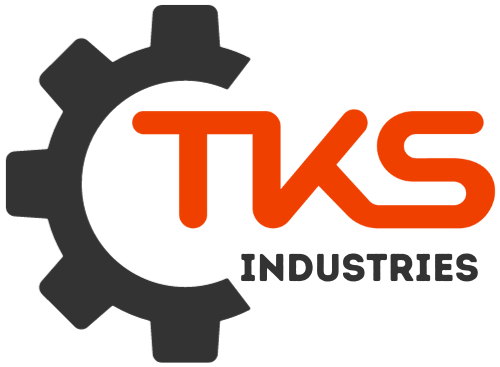[ad_1]
The Impossible Dream of a Single Definitive Guide to Machinery
Imagine a tome, thick with pages and overflowing with diagrams, detailing every type of machinery ever invented. From the rhythmic churning of a 19th-century water wheel to the mind-boggling complexity of a modern-day nuclear reactor, it would be a veritable encyclopedia of mechanical marvels.
While the ambition of such a "Ultimate Guide to Machinery" is tempting, it sadly remains a utopian dream. Here’s why:
1. The Sheer Volume: The world of machinery is breathtakingly vast, encompassing everything from everyday tools like drills and sewing machines to industrial behemoths like excavators and oil rigs.
2. Constant Evolution: Technology is a fickle mistress. New innovations emerge daily, rendering existing machines obsolete and birth new categories entirely. Keeping a guide up-to-date would be a Herculean task, requiring a dedicated team of researchers and writers constantly on the pulse of the latest developments.
3. Diversity of Applications: A single machine can serve a multitude of purposes depending on its configuration and accessories. A basic 3D printer, for instance, can be used to create everything from intricate jewelry to functional prototypes. Capturing this versatility within a single guide would be incredibly complex.
4. Subjectivity of Expertise:
Machinery knowledge is highly specialized. What constitutes a comprehensive understanding for a farmer using a tractor differs drastically from what an aerospace engineer needs to know about jet engines. A truly ultimate guide would need to cater to diverse audiences, which is a daunting challenge.
Instead of chasing the impossible, let’s embrace the vastness and dynamism of the world of machinery.
Here are some better alternatives:
- Focus on specific niches: Seek out guides tailored to your specific interests, whether it’s woodworking, automotive mechanics, or renewable energy technologies.
- Utilize online resources: The internet is a treasure trove of information on machinery. Forums, websites, and video tutorials offer a wealth of knowledge, often provided by passionate enthusiasts and experts.
- Experiment and learn: The best way to understand machinery is to work with it. Take a course, volunteer in a workshop, or engage in hands-on projects.
While a single definitive guide may remain a fantasy, the journey of exploration and learning about machinery is a rewarding one. Let curiosity be your compass and enjoy the endless wonders of the mechanical world.
[ad_2]
